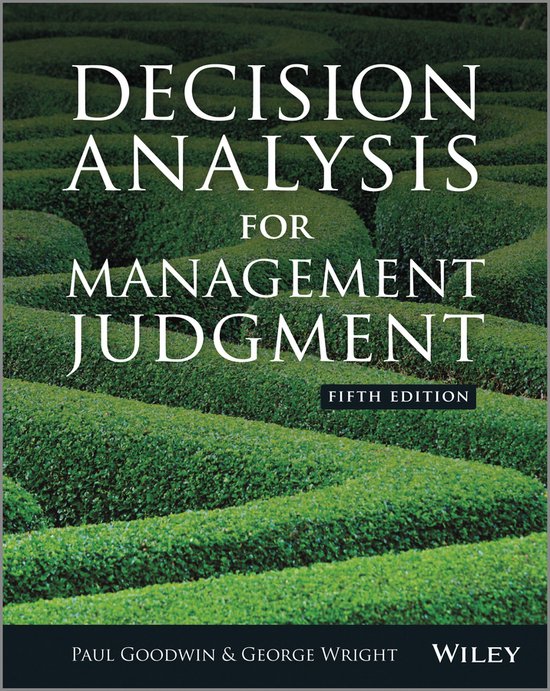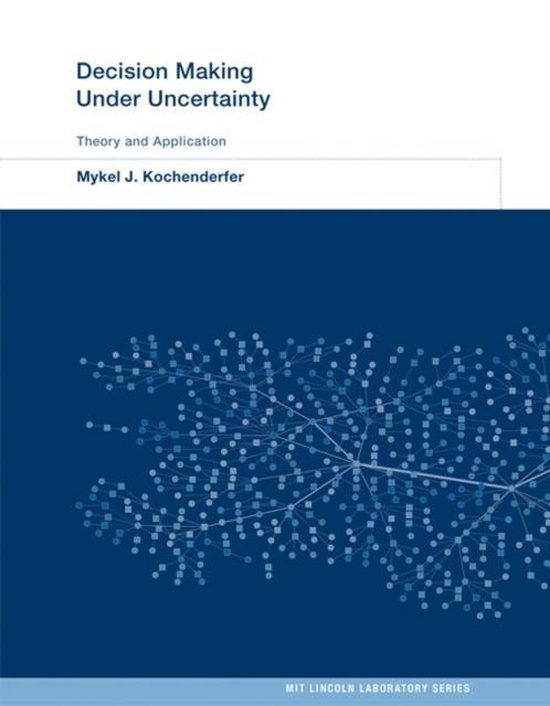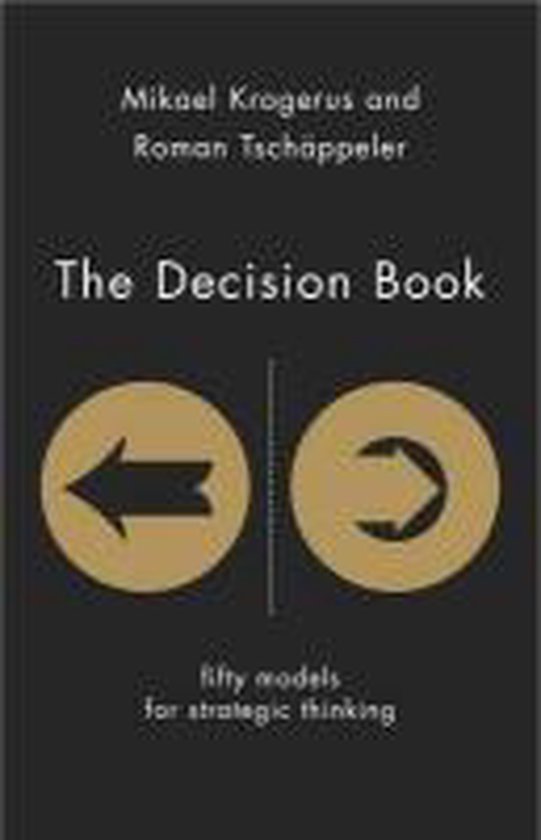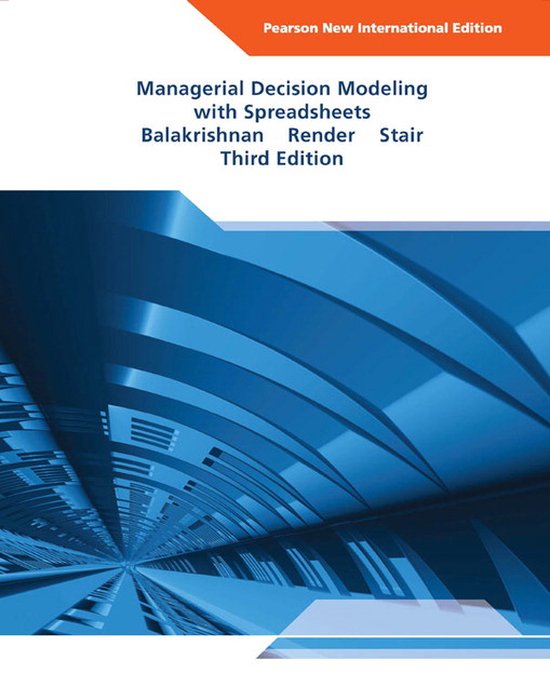
Decision Analysis For Management Judgeme
In an increasingly complex world, decision analysis has a major role to play in helping decision makers gain insight into the problems they face. Decision Analysis for Management Judgment is unique in its breadth of coverage of decision analysis methods. It considers both the psychological problems that are associated with unaided managerial decision making and the decision analysis methods designed to overcome them. The text is presented and explained in a clear, straightforward manner without using mathematical notation.
The fifth edition has been fully revised and updated and includes a number of changes to reflect the latest developments and research in the field.
- Includes a new chapter (Chapter 17) on combining scenario planning with decision analysis.
- Discusses the distinction between good and bad decisions and good and bad outcomes.
- Extends the discussion of second-order stochastic dominance by introducing a new, simple procedure to help decision makers determine whether stochastic dominance is present.
- Coverage of the Delphi method in Chapter 13 has been significantly extended and now includes research-based, step-by-step guides on how to apply the method for maximum effectiveness.
- Discussion on decision framing in Chapter 15 now includes an introduction to prospect theory, which is probably the most well-known theory of how people make decisions when they face risks.
- Scenario planning has been extended to include a case study detailing how the method was applied in the English National Health Service. The authors also contrast scenario planning with Nassim Taleb’s recently published ideas about ‘antifragility’ in decision making.
The book is intended for MBA students and business and management undergraduates who are not specialist mathematicians but it will also appeal to practising managers. The companion website can be found at: www.wileyeurope/college/goodwin
Decision Analysis for Management Judgment is unique in its breadth of coverage of decision analysis methods. It covers both the psychological problems that are associated with unaided managerial decision making and the decision analysis methods designed to overcome them. It is presented and explained in a clear, straightforward manner without using mathematical notation.
This latest edition has been fully revised and updated and includes a number of changes to reflect the latest developments in the field.
| Auteur | | Paul Goodwin |
| Taal | | Engels |
| Type | | Paperback |
| Categorie | | Managementboeken |




